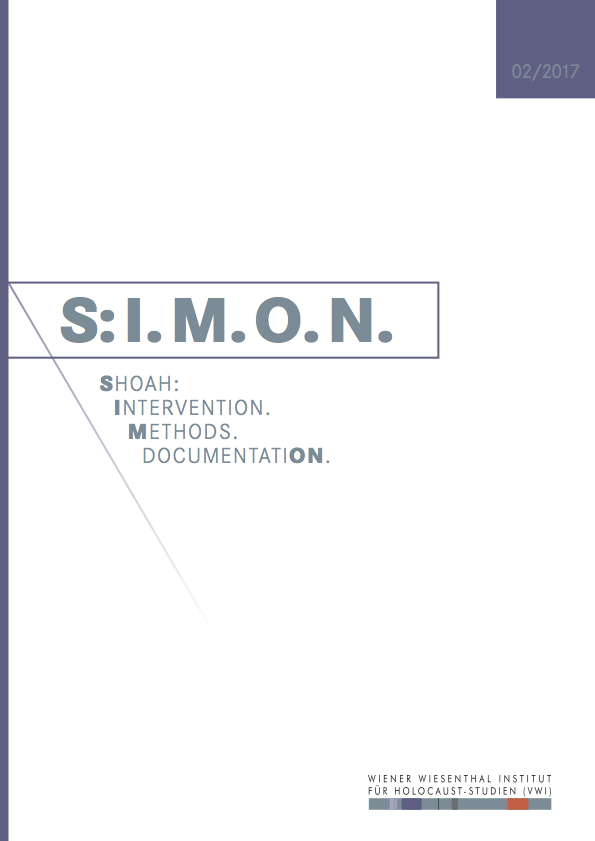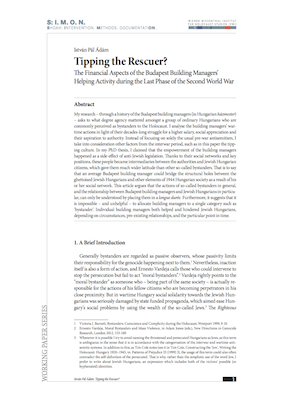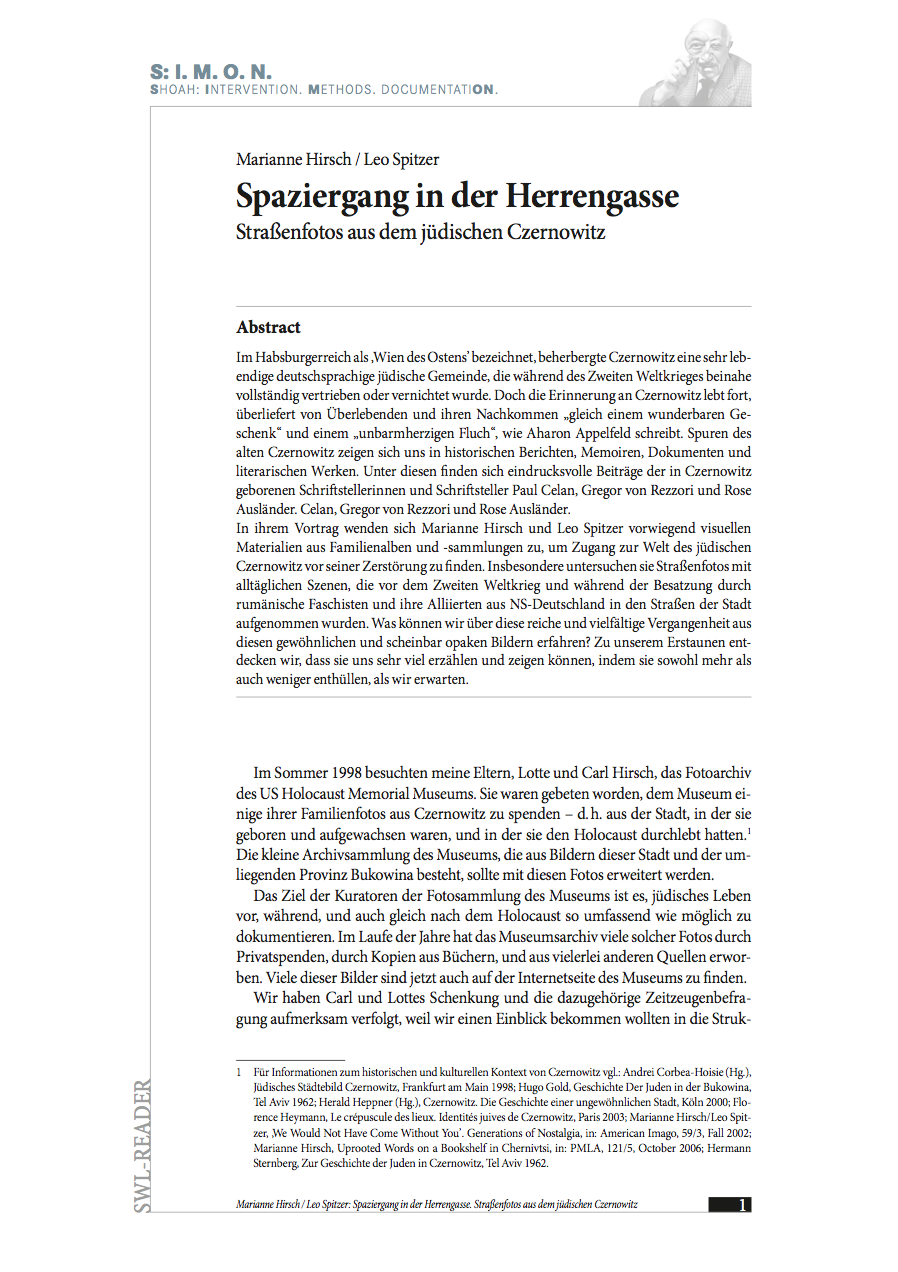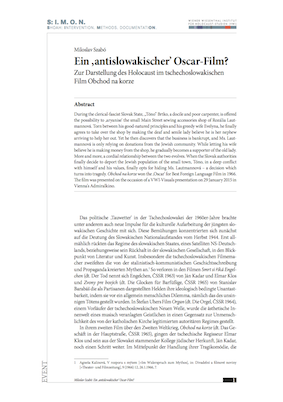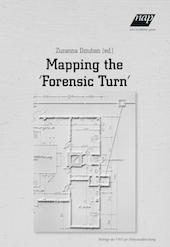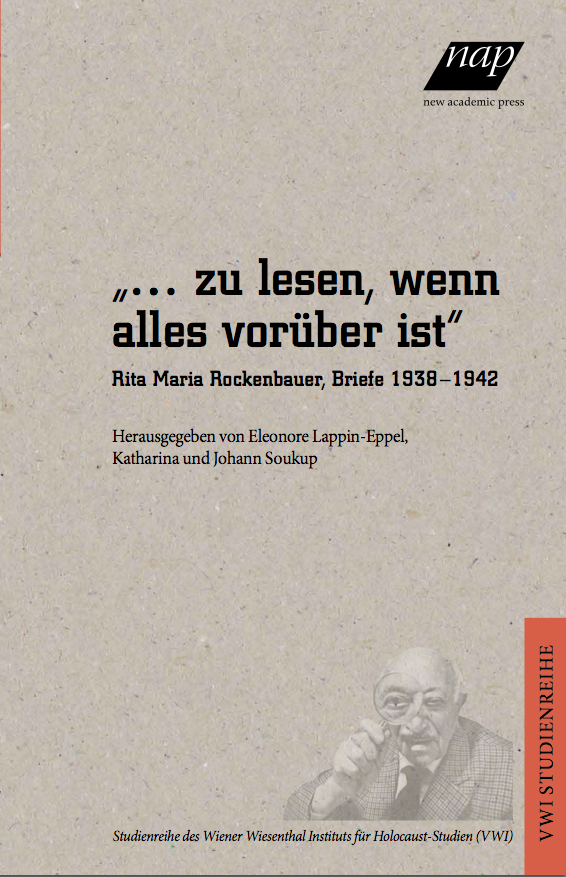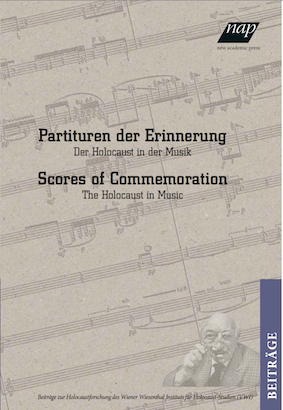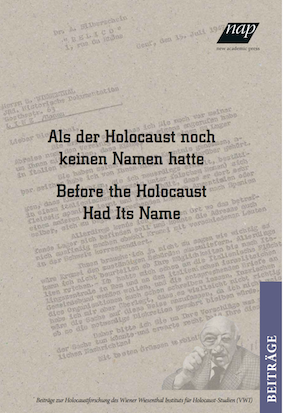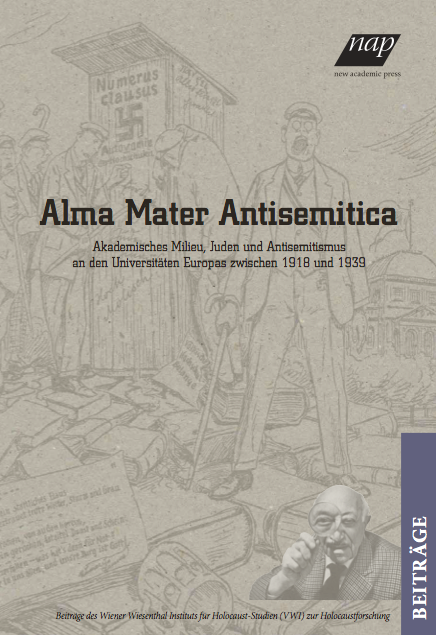Partituren der Erinnerung
Der Holocaust in der Musik
Scores of Commemoration
The Holocaust in Music
Partituren der Erinnerung. Der Holocaust in der Musik – Scores of Commemoration. The Holocaust in Music, Thema der SImon Wiesenthal Conference 2011 fasst die frühen Tendenzen, die verschiedenen Entwicklungen und Schulen, die unterschiedlichen kompositorischen wie inhaltlichen Herangehensweisen in der Aufarbeitung der Shoah in der Musik nach 1945 zusammen, dokumentiert und analysiert sie. Am Beispiel der frühen Kompositionen und ihrer jeweiligen Interpretationen wird Musik als ein Medium der Erinnerung, Auseinandersetzung und Aufarbeitung begriffen, die musikalischen Werke werden als Teil der kulturwissenschaftlichen Gedächtnisforschung, auch in deren Wandel von 1945 bis in die Gegenwart, verstanden.
Die seit 2011 jährlich stattfindende internationale Simon Wiesenthal Conference des Wiener Wiesenthal Instituts für Holocaust-Studien (VWI) fokussiert jeweils auf ein für die aktuelle Holocaustforschung relevantes Thema und stellt die wichtigsten Forschungsergebnisse zu diesem Gegenstand zur Debatte.
Béla Rásky ist Historiker und seit 2010 Geschäftsführer des Wiener Wiesenthal Instituts für Holocaust-Studien (VWI).
Verena Pawlowsky ist Historikerin in Wien: www.forschungsbuero.at.
Wien 2015
Erhältlich im gut sortierten Buchhandel oder direkt bei new academic press.


